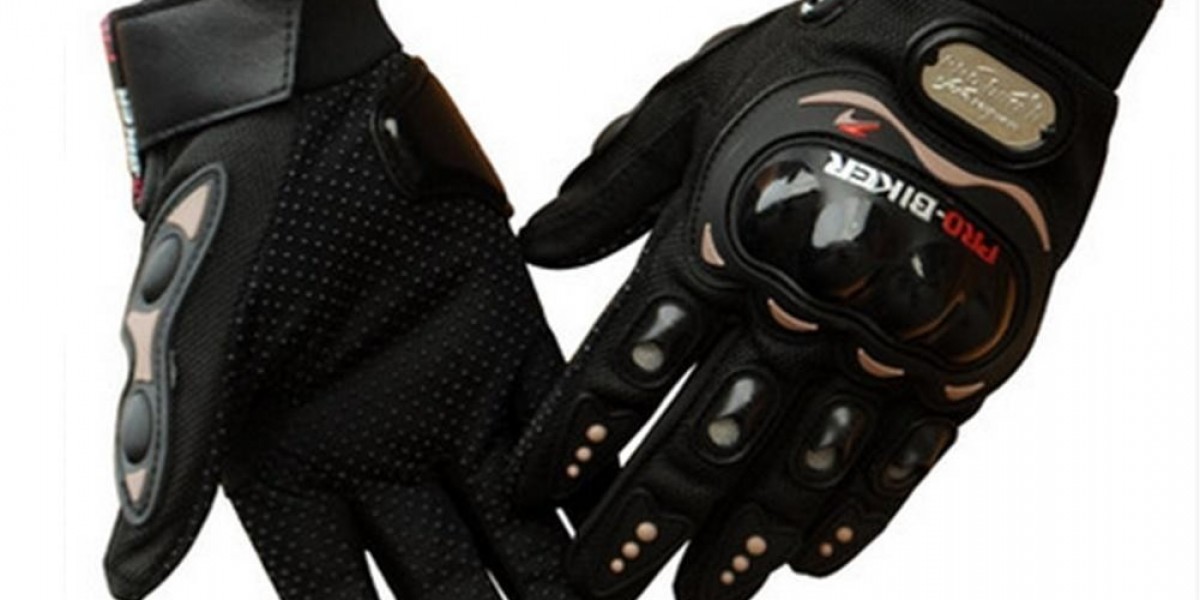Working with your hands puts them at risk every day. Sharp edges, hot surfaces, chemicals, and rough materials can cause serious injuries. Shop gloves protect your hands while you work, keeping you safe and comfortable during long projects.
The right protective handwear makes all the difference in your workshop experience. This guide will help you understand different types, choose the best options, and maintain your gear properly.
Why Hand Protection Matters in the Workshop
Your hands are your most important tools. They handle countless tasks throughout each workday. Without proper protection, minor cuts can become infected wounds. Chemical burns can cause permanent damage.
Workshop accidents happen quickly. A slip with a knife or contact with a hot pipe can injure you instantly. Good hand protection acts as your first line of defense against these dangers.
Statistics show that hand injuries account for nearly 25% of all workplace accidents. Most of these injuries could be prevented with proper protective gear. Smart workers invest in quality hand protection before accidents happen.
Types of Shop Gloves for Different Jobs
Disposable Options
Nitrile gloves work great for painting and chemical handling. They resist punctures better than latex options. These lightweight gloves allow good finger movement for detail work.
Vinyl gloves cost less but offer basic protection only. They work well for light cleaning tasks. Replace them frequently since they tear easily.
Work Gloves for Heavy Duty Tasks
Leather gloves handle rough materials and sharp edges well. They last longer than synthetic options. Look for reinforced palms and fingers for extra durability.
Canvas gloves with rubber coating grip wet surfaces better. They protect against minor cuts and scrapes. These gloves wash easily and dry quickly.
Heat-Resistant Options
Welding gloves protect against extreme temperatures. They use thick leather construction with extended cuffs. These gloves shield your hands and wrists from sparks and hot metal.
Kevlar gloves resist heat while maintaining flexibility. They work well for handling hot parts and materials. Many options include silicone grip patterns for better control.
Chemical-Resistant Varieties
Butyl rubber gloves protect against harsh chemicals. They resist a wide range of acids and solvents. Always check chemical compatibility before use.
PVC gloves handle oils and petroleum products well. They clean easily and resist many industrial chemicals. Choose thicker options for better puncture resistance.
Key Features to Look For
Proper Fit and Sizing
Gloves should fit snugly without being too tight. Your fingers should reach the glove fingertips completely. Loose gloves can catch on machinery and cause accidents.
Measure your hand circumference around the knuckles. Compare this measurement to sizing charts. Different brands may size differently, so always check before buying.
Grip and Texture
Textured palms and fingers improve your grip on tools and materials. Diamond patterns work well for general purposes. Dots and lines provide different grip characteristics.
Some gloves include silicone or rubber coatings. These materials excel in wet or oily conditions. They also help reduce hand fatigue during long work sessions.
Durability Features
Reinforced areas last longer in high-wear zones. Look for extra material on palms, thumbs, and fingertips. Double-stitched seams resist tearing better than single stitching.
Quality materials justify higher costs through longer lifespan. Cheap gloves often fail quickly and need frequent replacement. Calculate cost per use rather than just upfront price.
Choosing the Right Protection Level
Light Duty Work
Basic fabric gloves protect against minor scrapes and dirt. They work well for gardening and light assembly tasks. These options allow maximum dexterity for detailed work.
Cotton gloves absorb moisture and stay comfortable during long use. They wash easily in regular machines. Replace them when they show significant wear.
Medium Duty Applications
Synthetic leather gloves balance protection and flexibility. They resist abrasion better than cotton options. Most include reinforcement in critical areas.
Mechanics gloves combine protection with tool sensitivity. They often include impact-resistant knuckle padding. Look for touchscreen-compatible fingertips for modern convenience.
Heavy Duty Protection
Cut-resistant gloves use special fibers like HPPE or Kevlar. They protect against sharp blades and metal edges. Rating levels range from A1 to A9 for different protection needs.
Impact gloves include hard plastic or TPR backing. They protect against crushing injuries from heavy objects. Choose models with good wrist support for added safety.
Where to Find Quality Options
Local hardware stores stock basic work gloves for common tasks. You can try different sizes and feel material quality before buying. Staff can often recommend options for specific projects.
Industrial supply companies carry specialized protective gear. They understand workplace safety requirements. Many offer bulk pricing for businesses and frequent users.
Online retailers provide the widest selection and competitive prices. Read customer reviews to learn about real-world performance. Check return policies in case sizing doesn't work out.
When searching for shop gloves in Baltimore, visit local safety supply stores. These businesses understand regional work environments and common hazards. They often provide expert fitting services and ongoing support.
Proper Care and Maintenance
Cleaning Guidelines
Wash reusable gloves regularly to maintain hygiene. Use mild soap and warm water for most materials. Avoid bleach unless specifically recommended by the manufacturer.
Air dry gloves completely before storage. Heat can damage rubber and synthetic materials. Turn gloves inside out occasionally to ensure thorough drying.
Storage Best Practices
Store gloves in clean, dry areas away from direct sunlight. UV rays can weaken materials over time. Avoid folding gloves in ways that create permanent creases.
Keep different glove types separated to prevent contamination. Chemical-resistant gloves shouldn't contact oils or solvents during storage. Label storage areas for easy identification.
When to Replace
Replace gloves showing visible wear, tears, or thinning areas. Compromised protection is worse than no protection at all. Set regular replacement schedules for heavily used gloves.
Check for chemical degradation in specialized gloves. Swelling, cracking, or color changes indicate material breakdown. Replace immediately if you notice these signs.
Safety Tips and Best Practices
Never wear damaged gloves, even for quick tasks. Torn areas can catch on tools or machinery. Keep spare gloves available for immediate replacement needs.
Remove gloves properly to avoid contamination. Peel them off from the wrist without touching the exterior surface. Wash hands thoroughly after removing any protective gear.
Match glove selection to specific hazards present. No single glove protects against all dangers. Use task-specific protection for optimal safety results.
Making Smart Purchasing Decisions
Consider your most common workshop activities when selecting gloves. Buy quality options for frequent use situations. Budget models work fine for occasional light tasks.
Buy multiple pairs for different applications rather than trying to find one universal solution. This approach provides better protection and longer glove life overall.
When shopping for shop gloves in Baltimore, compare local prices with online options. Factor in shipping costs and delivery time for your decision. Local purchases support community businesses and provide immediate availability.








